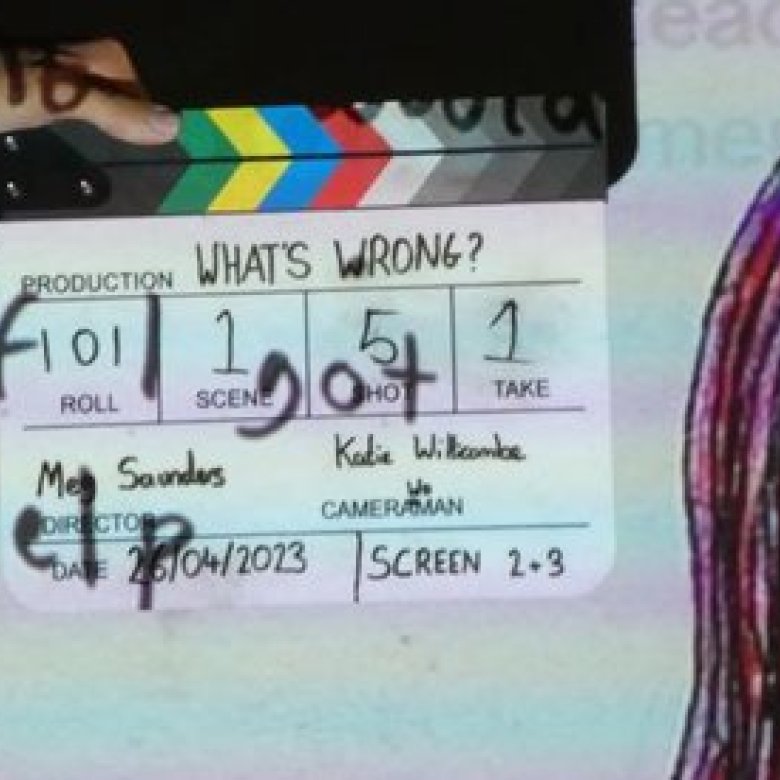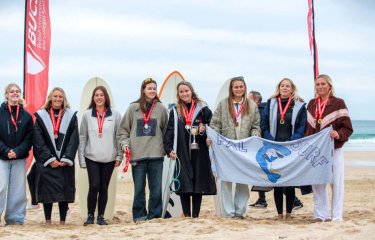The Creative Mind: Higher Education and Dyslexia
30 October 2024

This article was written by Film BA(Hons) student Ben.
Growing up with dyslexia has proven time and time again to be a challenge in education and in my everyday life.
For me, this is most evident in my ability to learn, process, remember & organise information and in my ability to make a million spelling errors when writing! But it has also proven to give me a unique perspective on the world… one which I would view as a creative perspective.
Luckily for me, I was not alone in my struggle with dyslexia. My mum has struggled her whole life but wasn’t diagnosed until her early adulthood. Because of this, she was able to see the clear signs in my early learning, so I was diagnosed in early primary school and given support to help me in my early learning. That’s not to say I was magically ‘cured’. It meant I have learnt ways to adapt to education and thrive where my learning disability would otherwise cause a challenge.
I have always had difficulty with time management and organisation, finding the motivation to revise and get work done knowing the difficulty I would face, and (again) my atrocious spelling. Through school I was taught methods to help aid me in learning; these include allowing myself extra time to complete tasks, setting aside set time for revision, visually representing information rather than in blocks or paragraphs and more.
Because of these methods, I was able to do well at my GCSEs and A Levels. This was not to say that I thought coming to university was going to be easy, in fact I was very nervous that I was going to lose much of the support I relied on now that I was an adult. This is not the case and Falmouth University is incredibly supportive of students who may face learning difficulties, or other challenges to their education.
The University has blown me away with its support for students who face difficulties to their education. Notable examples of this are through their generous procedure when offering extended deadlines to projects, which allows for extra time to ensure work is up the academic standard. In addition, The Compass offers great support for all students, including 1-1 bookable tutorials to speak with academics in the library which specialise in your field, to discuss reading recommendations and help with the writing of essays or presentations.
The academics and technicians on all courses are also very supportive of students and are always very empathetic & understanding of individuals with different backgrounds. A notable example for me, was when discussing with a lecturer about my challenges with dyslexia and the concerns I had about it holding me back, to which they reminded me that Steven Spielberg, who has been an inspiration for me my whole life and one of the key figures that inspired me to peruse film as a career, was also dyslexic. He turned my perspective of dyslexia on its head, where I would have always viewed it as being a disadvantage, he reminded me that seeing the world through a neurodivergent lens was not necessarily a bad thing.
Where others see problems differently, a dyslexic mind approaches and views problems in a unique way, which offers an outside perspective and often finds creative solutions. Additionally, dyslexic individuals have been known to be creative thinkers; key examples of this include Pablo Picasso, Roald Dahl, John Lennon, Richard Branson and Jackson Pollock.
I strongly believe that my dyslexia is the reason I am where I am today. At a creative university, getting to be creative and create the things that I am so passionate about. I wouldn’t change anything about my journey so far and my dyslexia has been a key part of that. Be creative and be different.




